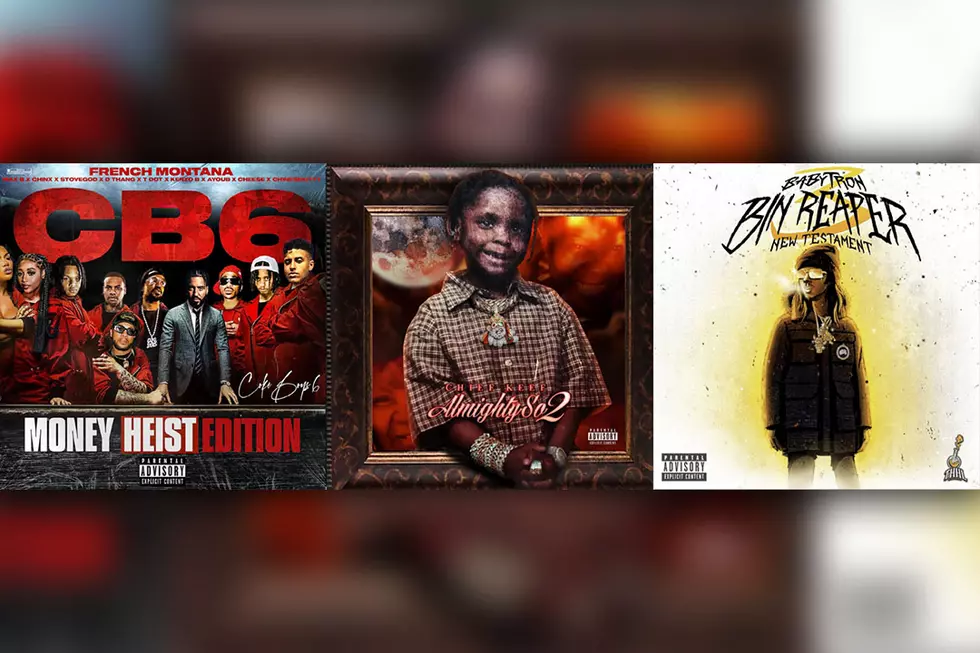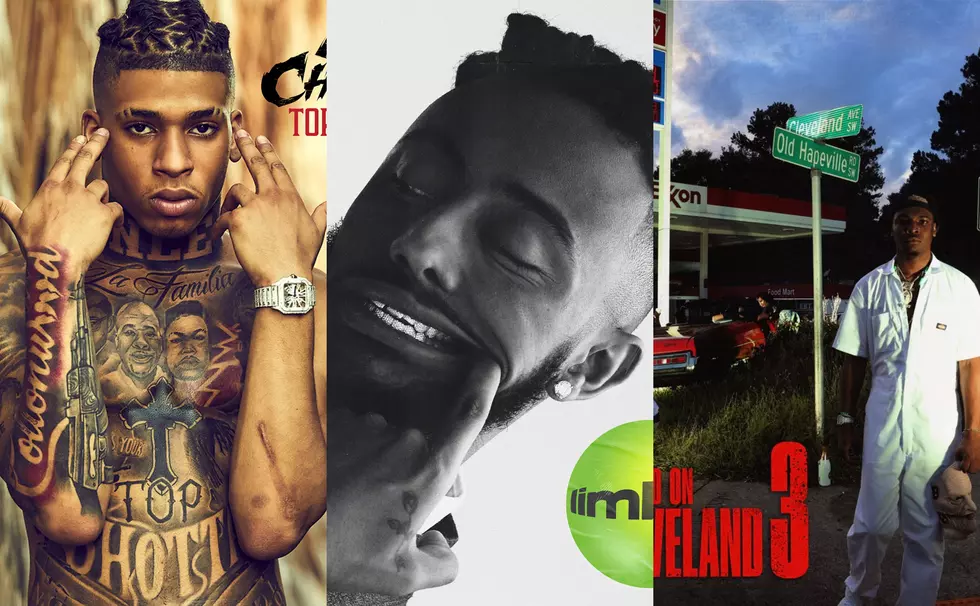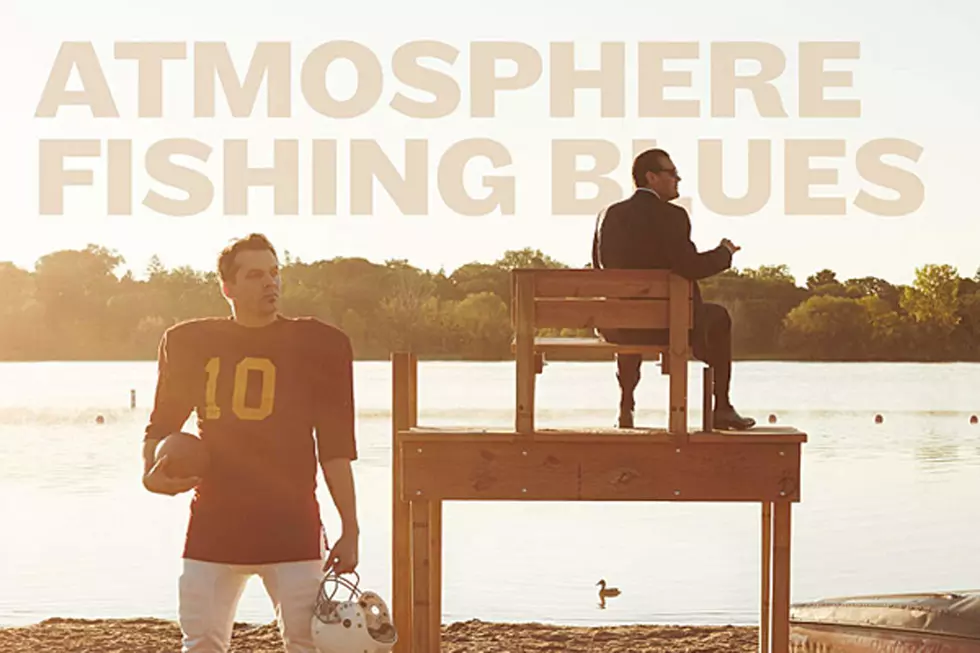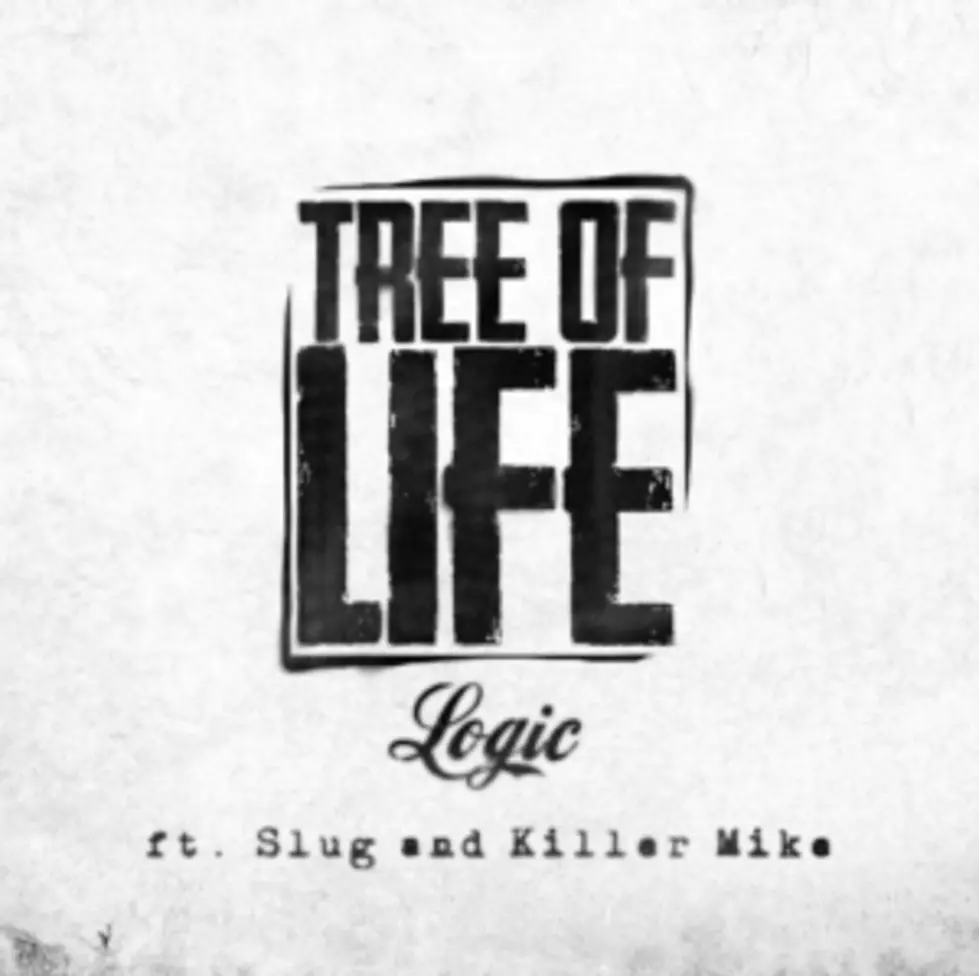
New Film Catches Up With Aging Rappers – Exclusive Outtakes, Part 2
Paul Iannacchino knows rap. The self-proclaimed writer/director/creative guy used to be a producer signed to EL-P’s Def Jux label (as one-third of Hangar 18), but left the world of indie hip-hop behind when he realized that it wasn’t for him. Still, his exposure to the inner workings of the game and his time on the road with indie stars like Cage and Aesop Rock left him with great memories and a valuable rapper rolodex that would later come in handy.
As Paul grew up and decided to pursue a film career, he took a look around at his former contemporaries, and began to wonder about what happens to rappers when they become regular, tax-paying adults. And so, the idea for Paul’s upcoming documentary Adult Rappers was born. The film, which just wrapped production, is set to premiere at film festivals later this year. A few weeks before finishing up his final cut, Iannacchino came by XXL‘s offices to play us the first five minutes of the film, and we were blown away. As the doc delves into the real lives of guys like R.A. The Rugged Man, Murs and J57—artists who found real success in their primes and were eventually faced with a crossroads where they could either continue their rap careers or hang up the mic—viewers are given a behind-the-scenes glance into the reality of what the remaining 23 (offstage) hours of an aging rapper’s day look like.
Last week, XXL ran the first installment in a series of outtakes from the upcoming Adult Rappers documentary. In this edition, we have a candid clip of New York rhymer J-Zone (born Jay Mumford) sitting beside his father, who remembers Zone quitting his first 9-to-5 job because they tried to tell him when to eat lunch. Watch the hilarious clip below, alongside the second part of our interview with Iannacchino, and make sure to check back with us next week for the third and final installment of the exclusive outtakes series.
XXL: The plot of the film must be interesting for a lot of people who maybe didn't follow their dreams, who get to see these guys who attained their dreams but held on to them for maybe too long. The movie shows the reality of their situations.
Paul Iannacchino: Yeah. There's a lot of people who hit that place like, "Oh shit, this is reality?" And then you have people who are not willing to confront that reality. There's a lot of that. I mean, there are so many rappers now. That was part of the conversation when we first started, like, how could there be this many house painters? How does an industry sustain this many people? And you know not everybody is eating off of their music. There just isn't enough pie.
But some people do eat off of it. They're not living luxurious lives and driving Beemers, but they're living blue collar lifestyles, which is something most people in this country can't even afford. Did you find in making this film that a lot of these guys have carved out their own successful niches?
There are two ways to answer that. I think there are people, no matter what they do, are cool with being a thousand-aire. They don't need to be millionaires. There's a lot of folks that are okay with that because they're like, "I'm fine with this because I love making music and I love being an artist." And then there are other people who are like, "Fuck. This is it? This isn't what I signed up for." So… the answer is yes. There are people who are totally comfortable living a decent life and having a house, and they just happen to be rappers. And that's interesting and encouraging, and it leaves you with a sense of, "Oh, you can do it the right way and come out on the other side okay." The flip side is someone like J-Zone, who really feels the obligation to demystify that fact and say, "You can do it the right way and be talented, but end up not getting shit." That happens more often than not, but those are the stories you don't hear.
A lot of these guys are from a different school of hip-hop, and I feel like a lot of them would listen to what's popular now with a sense of bitterness. Did you encounter a lot of that?
There's definitely a significant ratio of old, bitter rappers. Not so many who are in our film, but I've encountered a lot of it. It's that school that comes from when it was all about skills, and you had to pay your dues and earn your way in. So there is that old guard who feels like it's not about skills anymore. But we decided not to go there with this film, because it just took it into another place, and I definitely didn't want to make a "hip-hop documentary," because it's been done.
Our arc is more about these different guys—and we establish where they're all from and what pocket they all sit in—and we ask them, "When did you decide that rap was going to be your job?" and "What does it look like when it's your job? Do you love your job, do you hate your job?" Because even when you work in an office, there are things you love and hate about it. And then the third act is: "At this point, do you walk away? Do you have feelings of ambivalence? Do you drink too much? Do you not pay your child support because you're hanging on to a rap career?" And in the end there's a little bit of where they see themselves in 5, 10, 15 years.
It sounds a bit like the plot to The Wrestler, which was about an aging wrestler who held on strong to a dream and sort of made it work.
For sure. I think we ask more questions than we answer. It leaves it a little open-ended, like, "Maybe this is a good career?"
More From XXL









